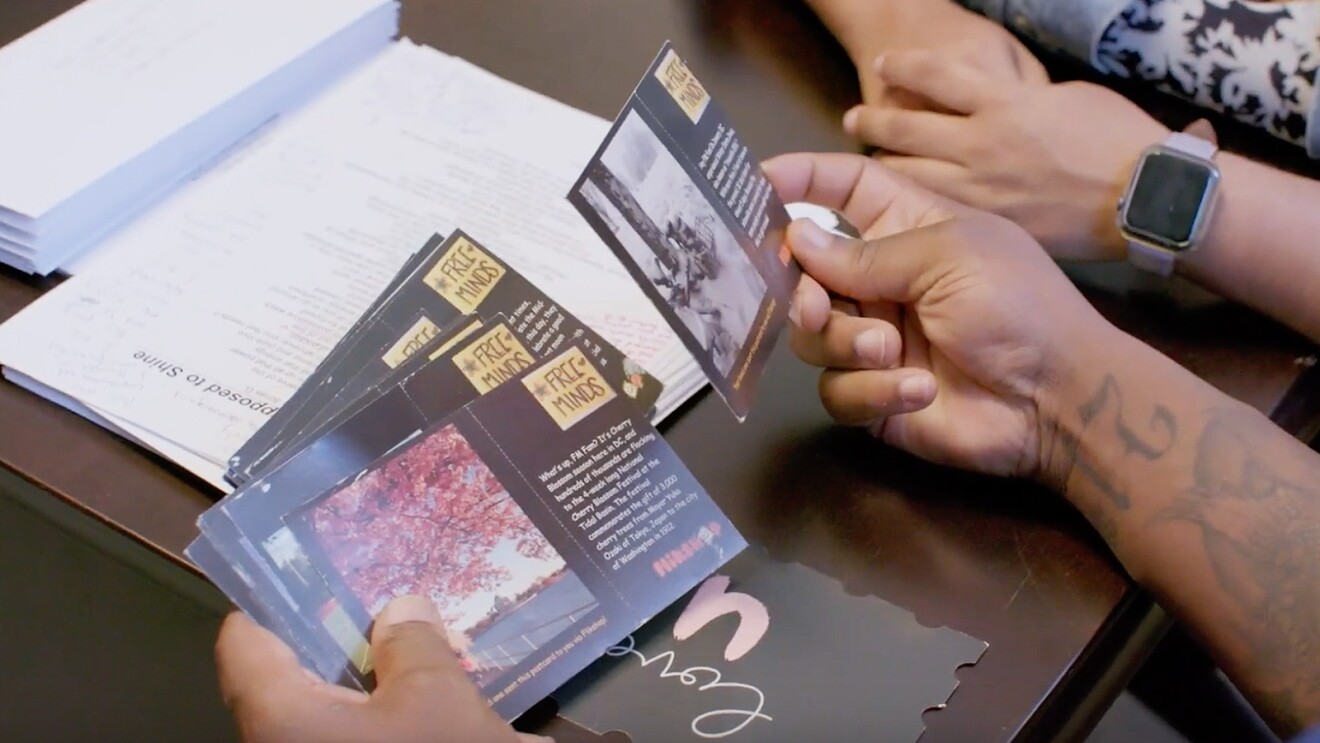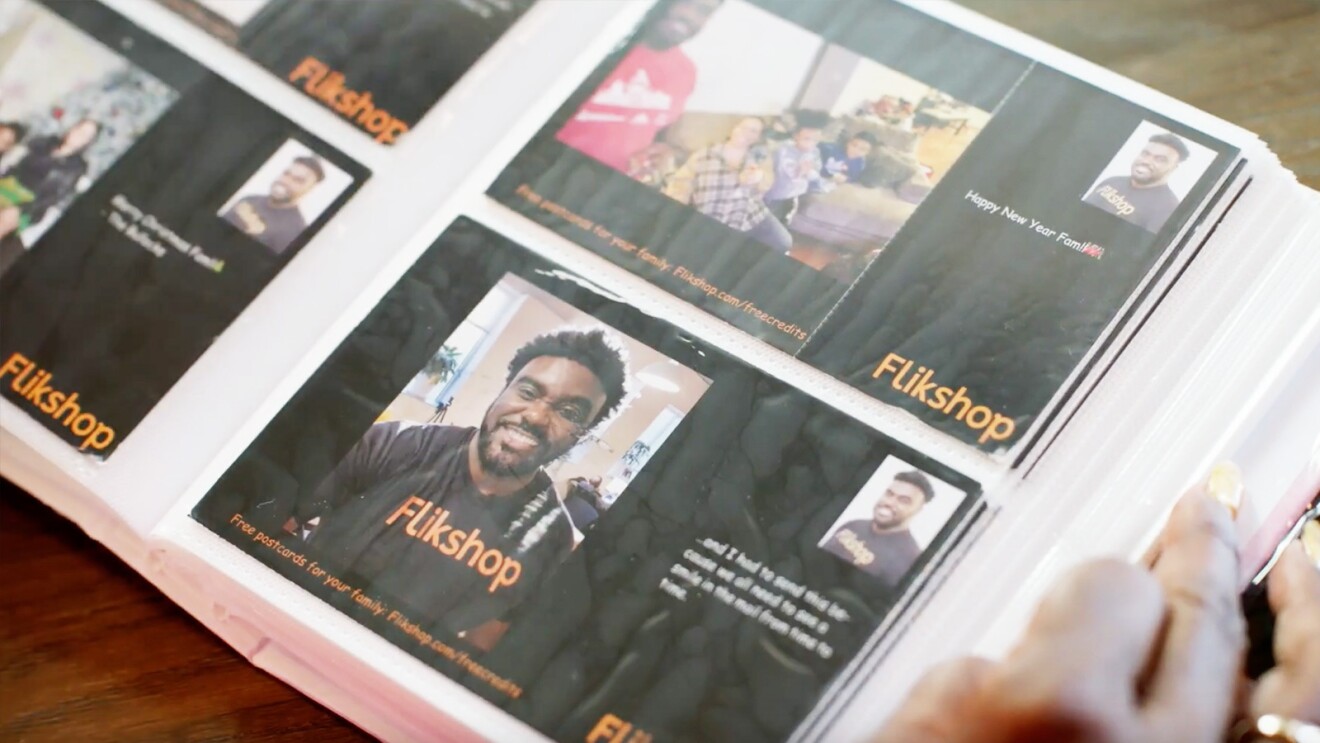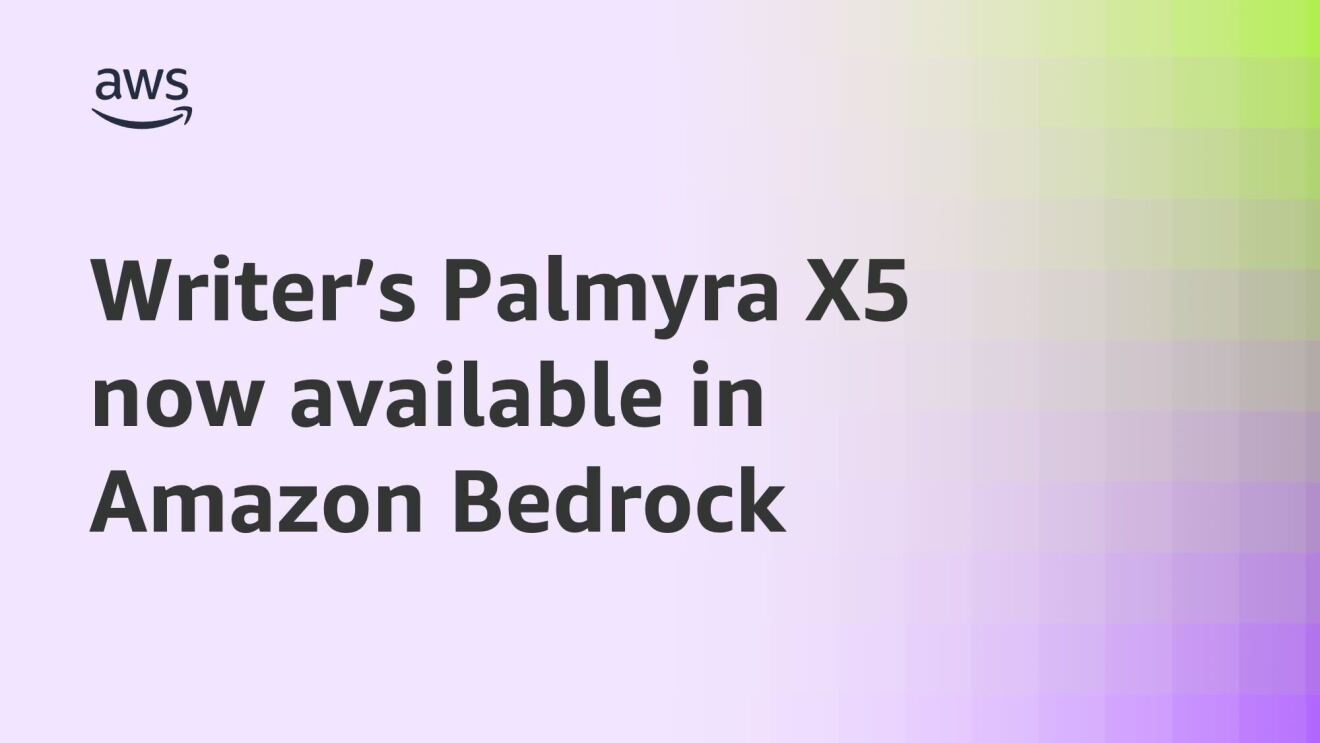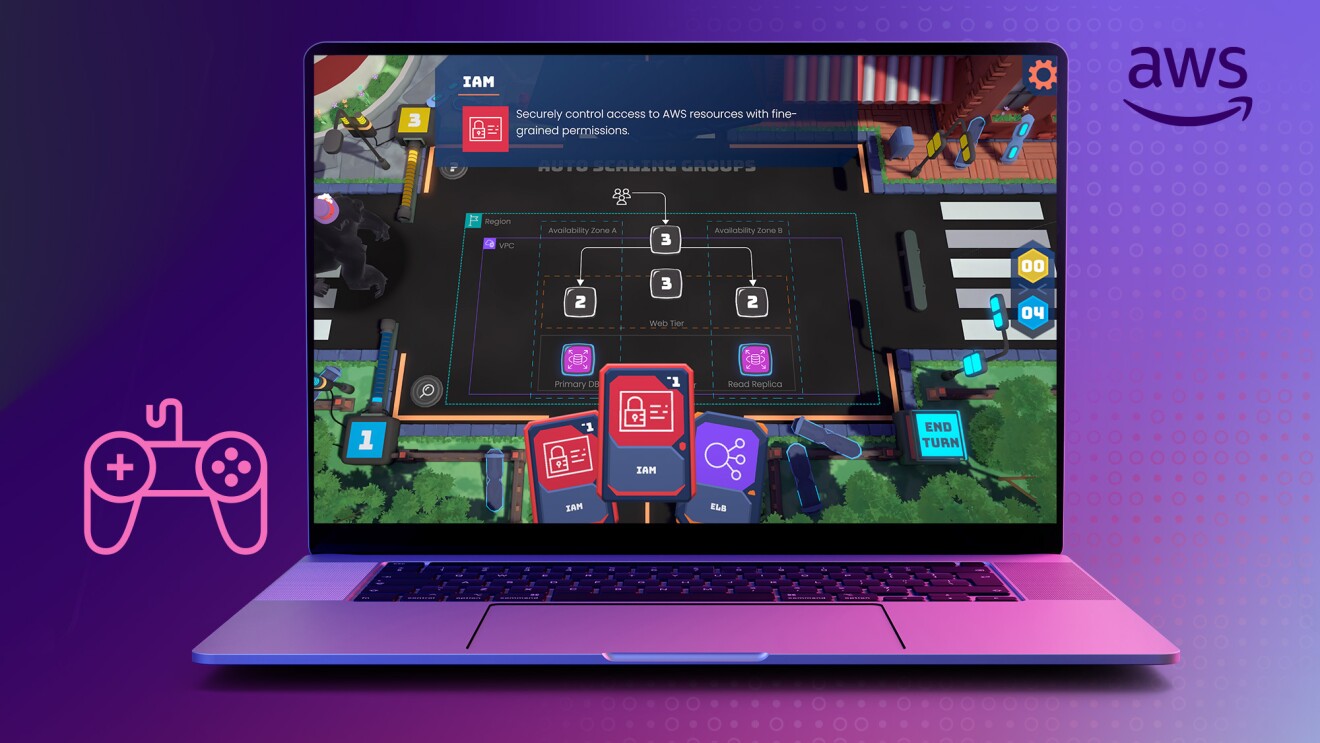Deangelo Moore, a member of Free Minds Book Club & Writing Workshop in Washington, D.C., is leafing through a stack of postcards, looking for one in particular.
He stops at a picture of a bicycle chained to a lamppost and covered in snow.
“This really stuck out back then, because it reminded me of a good friend who lives in a really cold place,” said Moore. “I got so many postcards during that time. I didn’t manage to keep them all. But I remember what each one did for me. They took me out of a negative environment and helped me focus on my dream—to be out here, on the other side.”

Moore was serving a 13-year sentence when he received the postcards, which he describes as “a little piece of home coming to you.” Free Minds sent the postcards to Moore using Flikshop, a mobile postcard-generation app built on Amazon Web Services (AWS). Free Minds is a nonprofit that uses books and creative writing to help incarcerated people transform their lives by connecting them to mentors and support services, from imprisonment through reentry into society. Today, Moore is a Free Minds’ “poet ambassador,” one of 40 returning citizens who read and discuss poetry with other members of the organization who are currently in jail or juvenile detention.
Flikshop works like this—a user takes a photo with their smartphone; adds a few lines of text; searches for someone by name, facility, or prison number; and clicks send. Flikshop converts the photo into a printed postcard and mails it.
01 / 03
While this part of the process is straightforward, getting the cards inside correctional facilities is more complex. Flikshop uses a variety of AWS technologies to ensure that the postcards reach their intended recipients, from data analytics to ingest and analyze information on the location of hundreds of thousands of incarcerated individuals across the country, to machine learning to ensure the photos don’t contain contraband images.
That Flikshop is an approved partner of almost every prison and jail in the U.S. comes down to the vision of its CEO and founder Marcus Bullock, who believes people should be able to connect with incarcerated individuals without having to pay an exorbitant cost.
Most people in prison in the United States have little or no access to communication channels. Cellphones are banned, and making a call using a fixed landline isn’t free, with the recipient of the call having to accept the charges. Rates vary from state to state, but according to the Washington Post, calls from prison average $5.74 for 15 minutes. Flikshop postcards, on the other hand, cost just 99 cents each.
Bullock is speaking from experience, or as he sometimes likes to say, his own “eight years of market research.” As a teenager, Bullock was sent to an adult maximum-security prison after committing a car-jacking with his best friend. If he wanted to call his mom, Sylvia, she had to accept what was then an $18 charge to speak to her only son.
Sylvia (now Flikshop’s relationship manager) helped Bullock through this devastating period in his life. She sent him a letter or postcard daily throughout his sentence. The correspondence kept him going. Then, several years after he’d returned to society, the letters inspired him to start Flikshop—initially for people to keep in touch with friends and family, and now also as a tool for organizations to connect with incarcerated people through the Flikshop enterprise platform.
While Free Minds uses Flikshop to share educational information or prompt its members to produce a piece of creative writing for its prison literacy workshops, other groups use it to share information about health care, vaccinations, financial planning, and other relevant topics. In the case of the grassroots Florida Rights Restoration Coalition, for example, Flikshop postcards help returning citizens understand and exercise their voting rights. Bullock envisions Flikshop postcards offering support to incarcerated people right up to the day they step outside prison, and then some.
“Imagine you’re about to leave prison, and you’d don’t have many belongings or a supportive network,” said Bullock. “There may be local organizations that have ride service vouchers or clothes for job interviews for returning citizens. But if you’ve been in a facility that doesn’t have a well-developed reentry program, and you’ve had no access to a phone or the internet, how are you going to know what’s available to you? This is where Flikshop can be a vital line of communication.”
Bullock sits in his office in downtown Washington, D.C., where he’s about to jump on a video call to give a presentation to a group of people in prison in North Dakota. It’s one of several such calls he will make this week, and every week. He balances growing his business with his commitment to inspiring incarcerated and returning citizens with his own success story. In addition, he runs the Flikshop School of Business program, to train them in entrepreneurship and coding skills.
Flikshop has collaborations with a range of corporate companies, including Boeing, Bank of America, and AWS, to help deliver the program’s curriculum. It also runs initiatives within these organizations designed to raise employees’ consciousness of social justice issues—whether by recognizing that some of their colleagues may know someone in prison or acknowledging that at least 95% of people who’ve been in a state prison in the U.S. will be coming home at some point—and thinking about the actions they can take to support more returning citizens into employment.
Flikshop’s “second chance hiring” work recently won a Morgan Stanley Social Justice Innovation Award, which Bullock plans to use to develop a virtual reality tool on AWS to train currently incarcerated citizens in business and coding skills.
“We want to continue to leverage technology like virtual reality, artificial intelligence, and machine learning to synthesize all the data we’re capturing—information such as where folks are housed, when they’re going to get released, and what jurisdictions they're going to get released into, while maintaining folks’ privacy,” said Bullock. “And then connect that with all those organizations already working to provide training opportunities, health care, and basic resources people need to restart their lives, as well as with all the larger corporates that want to be more thoughtful about job and career opportunities.”

Bullock’s determination to make a difference—first for himself, as he built Flikshop from the ground up, and now for others in the same position he once was—is what has brought the company to where it is today. His business has grown from a service to connect friends and family to one sitting at the juncture of a potentially much broader recidivism reduction movement.
Bullock’s vision is also testament to the power of a simple postcard—a few carefully chosen lines of text and an image reminding you of home, telling you that someone cares about you, and throwing open a window to opportunities that await can make all the difference.
“Never did I ever think when I was sending him those pictures and letters that it would come to where we are today,” said Sylvia. “I’m just amazed to see the drive he has, the joy he has, and his sense of ‘we’re going to make a difference—we’re going to change the way society looks at people who have been incarcerated.’”
Trending news and stories











